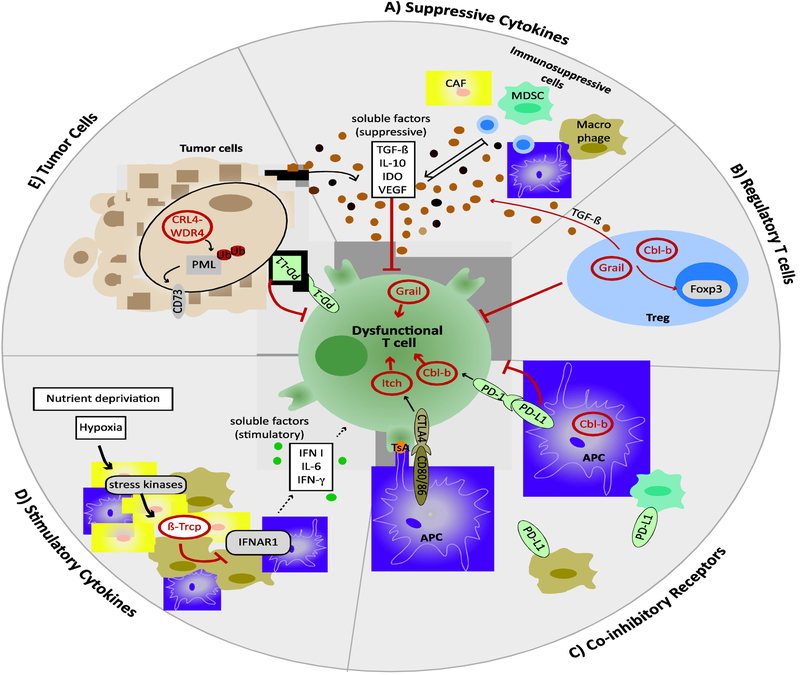Figure 2: E3 ubiquitin ligases regulate T cell dysfunction in cancer.
E3 Ubiquitin ligases (red) can serve as T cell intrinsic checkpoints to inhibit T cell function. A) T cell activity is modulated by immunosuppressive cytokines that are present in the tumor microenvironment and E3s are crucial regulators of cytokine production. B) E3s also function in Tregs where they increase immunosuppressive cytokine production and limit Treg suppressor function. C) In innate immune cells E3s can inhibit immune-stimulatory function and/or upregulate co-inhibitory surface receptors (e.g. PD-1, CTLA-4). D) Dyregulation of ubiquitination also affects the production immunostimulatory cytokines such as type I Interferons (IFN), an effect that is influenced by stresses commonly present in the tumor microenvironment. E) Finally, E3 ubiquitin ligase function in cancer cells contributes to generate an iummunosuppressive microenvironment.
CAF: cancer associated fibroblasts; MDSC: myeloid-derived suppressor cell; APC: antigen-presenting cell; PML: promyelocytic leukemia protein; TsA: tumor-specific antigen;

